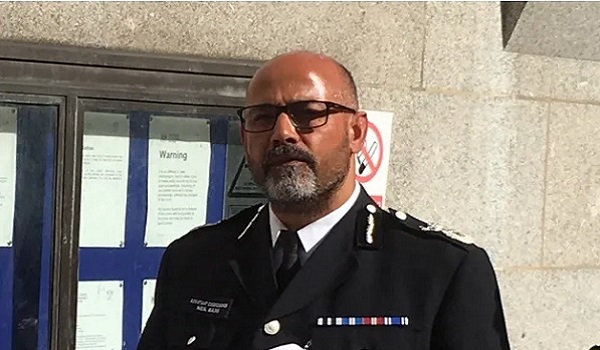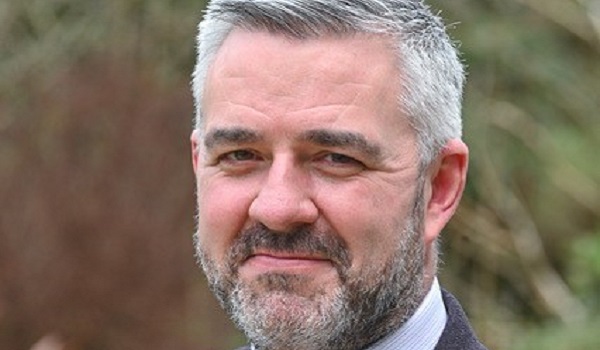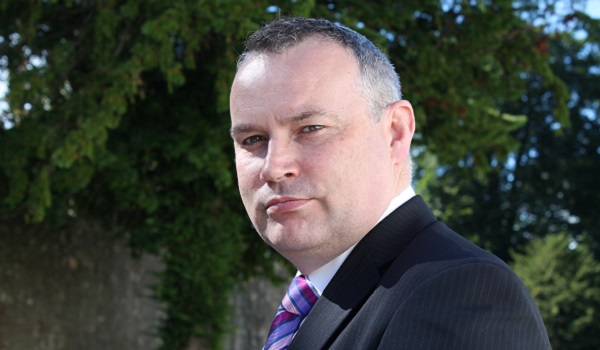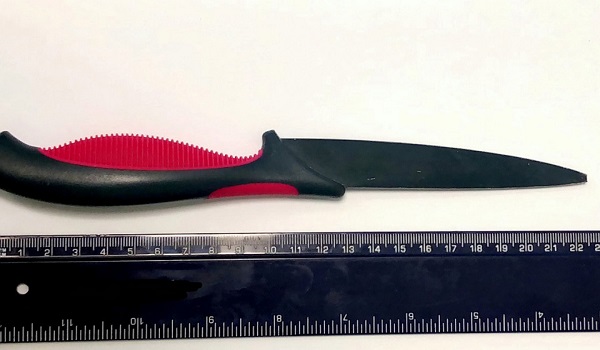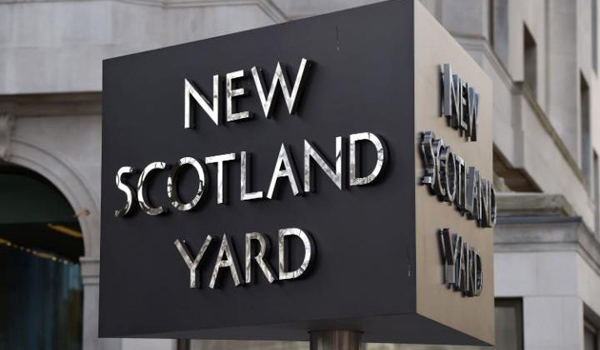Police and MI5 cleared of blame over London Bridge attack
Neither the police nor the Security Service MI5, missed opportunities to prevent the London Bridge terror attack in June 2017, the chief coroner of England and Wales has concluded.
Judge Mark Lucraft QC criticised the lack of security measures on the bridge, which he called “particularly vulnerable to a terrorist attack” but said he was not persuaded that the authorities had overlooked investigative opportunities which could have saved the lives of the eight who died during the incident.
The attack was carried out by three men — Khuram Butt, Rachid Redouane and Youssef Zaghba. They first drove into pedestrians on London Bridge, killing Xavier Thomas, 45, and Christine Archibald, 30. The three men then began stabbing people in Borough Market, killing Sebastian Belanger, 36; James McMullan, 32; Alexandre Pigeard, 26; Kirsty Boden, 28; Ignacio Echeverria Miralles de Imperial, 39; and Sara Zelenak, 21.
The coroner concluded all eight were unlawfully killed.
Forty-eight people were also injured.
Police shot dead the three terrorists ten minutes after the attack began.
Speaking at the end of the eight-week inquest, Judge Lucraft said he found the pre-attack investigations of MI5 and counterterror police were “generally thorough and rigorous”. However, he stated that there was an “arguable” case there had been a breach of an operational duty in relation to the police and MI5 investigation before the attack and a general breach of systems for protective security on the bridge. More detail on this point will be provided in a written statement from Judge Lucraft to be issued in the coming weeks.
The families of those killed have been highly critical of the role of the authorities. Christine Delcros, partner of Xavier Thomas, said the lack of barriers on the bridge was “just one of a catalogue of failings” and stated her belief that the attack had been preventable.
The inquest had heard that the City of London Police counter terrorism security adviser, PC Matthew Hone, repeatedly warned months before the attack of the risks to London Bridge because of the lack of barriers. The inquest had explored concerns about whether MI5 and the police had missed vital opportunities to prevent the attacks, particularly since the intelligence service was actively investigating Butt at the time.
The coroner was also critical of Butt’s family, whom he said were aware of his extremist views but failed to report him to the authorities.
Witnesses from both the police and MI5 spoke at the inquest in defence of their actions. Detective Chief Inspector Wayne Jolley, attached to the Metropolitan Police Service (MPS) Counter Terrorism Command, told the inquest he did not agree that opportunities had been missed to target the men and said police had been working with the intelligence they had.
One senior MI5 officer, known as Witness L, told the inquest from behind a screen that the Security Service had received an anonymous tip-off about Butt, seen as the leader of the attack, but the intelligence got lost in its database. A tip off by Butt’s brother-in-law Usman Darr to a police anti-terror hotline in September 2015 was processed but never passed on to investigators and another call to MI5 by an unidentified caller in mid-2015 was not followed up.
In a statement issued at the end of the inquest, Assistant Commissioner Neil Basu, Head of Counter Terrorism Policing for the MPS said that, in the aftermath of the attack: “Police, along with our security service partners, have subjected ourselves to the most painstaking and at times painful examination to determine what lessons we could learn. We have already identified and made many improvements and this work continues.”
“With the benefit of hindsight, we know certain things could have been done differently. But after careful consideration, the Chief Coroner found that the pre-attack investigation was nonetheless thorough and rigorous, he was not persuaded that investigative opportunities were lost which could realistically have saved the lives of those who died,” he said.
“Indeed, even after we carried out an intensive post-attack investigation, led by Detective Superintendent Becky Riggs, which was praised by the Coroner, no evidence of long-term, calculated planning could be found. Even those closest to the attackers, and we have heard from them during the inquest, knew nothing of their murderous plans. We will examine the Chief Coroner’s full rulings with great care when they are available.”


